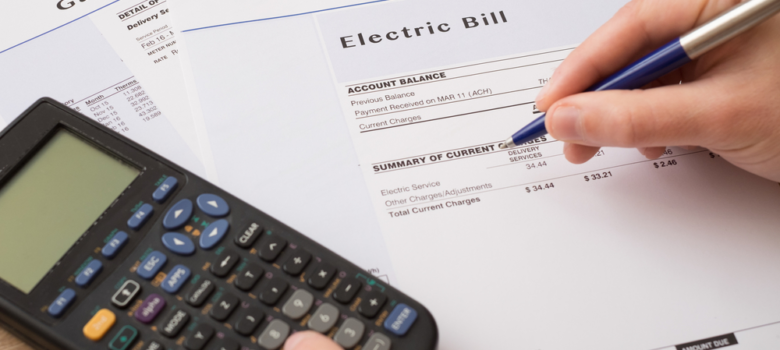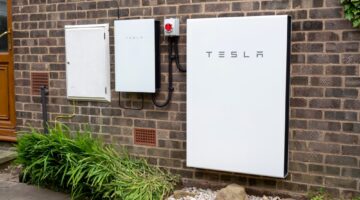
Both Scottish Power and British Gas have now put up the cost of their standard tariff by an average of 5.5%, with EDF not far behind planning a hike of 2.7%.
Several major energy suppliers have once again opted to raise gas and electricity prices for millions of UK customers. This comes less than a year after the last spate of increases; back in the autumn several companies put up prices by as much as 12.5%, beginning with N-Power earlier on in the year.
These newest hikes are not as severe, but will still cost families on the standard tariff an estimated average of around £60 a year for Scottish Power and British Gas customers, and about £16 a year for EDF customers.
What is the standard tariff and who will be affected?
We’ve written quite extensively about the standard tariff before – it’s safe to say we have pretty negative opinions about it.
The standard tariff is, quite simply, a bad value tariff that by its nature targets vulnerable bill payers and lumps them with higher energy costs. It’s the tariff that people frequently default to unless they actively find a better deal. This effectively means that the people swallowing the prices on the standard tariff are those unable to seek out better prices, and those disengaged or unaware of the options.
UK energy regulators OFGEM (Office of Gas and Electricity Markets) safeguard some of the most vulnerable people from just this pitfall. It works by imposing a cap on these default tariffs and artificially bringing down the upper limit for those that qualify. Recently this was extended to include 1 million more people than before, but in order to do that the cap was raised. More people helped but less help given.
With all this understood, you can see why we don’t like the standard/default tariff and aren’t thrilled about it rising.
Who or what is to blame for the energy price hike?
Energy Companies
If you ask Ed Molyneux, head research at of Look After My Bills, there is no reason for companies to be raising prices so soon after the September adjustment. According to Molyneux, “costs are still under the peak that triggered the first round of price rises last year.” This is fiercely contested by spokespeople
Rising Energy Prices
Number one with a bullet, if British Gas are to be believed. It’s certainly true that wholesale costs of energy production are rising alarmingly, something that was highlighted by the recent harsh weather from The Beast from The East.
The Government
In a turn of events that should surprise absolutely no one, the government blames the energy company and the energy company blames the government.
According to Mark Hodges, the head chief executive of Centrica (British Gas’ holding company), the fault is to be found with government policies aimed at transforming the energy industry towards renewables. Mr Hodges believes these costs would be better integrated into general taxation to avoid putting pressure on suppliers and consumer energy bills. This is not the first time this idea has been put forward
Meanwhile over in Westminster, Energy Minister Claire Perry has made her disappointment known, calling the rises unjustified and calling out energy companies for charging customers “more than they need to”.
Think we missed something? Do you have a different opinion?
Comment below to get your voice heard…












No Comments yet! Be the first one.